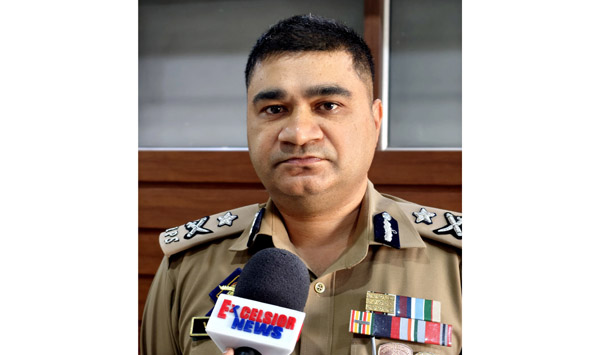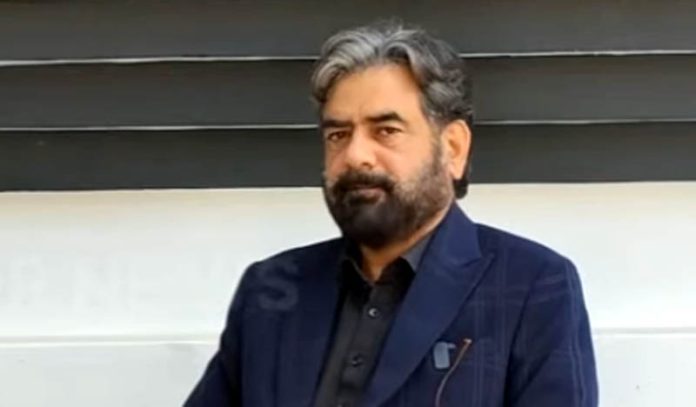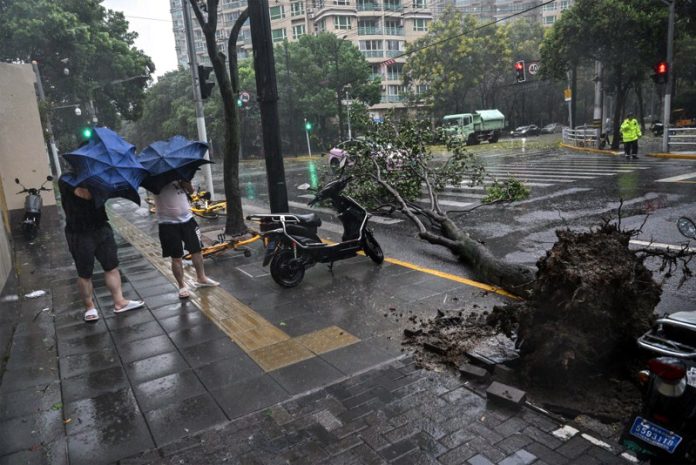
STATEN ISLAND, N.Y. — A piece of City Council legislation would see e-cigarette detectors installed in public school bathrooms, the Advance/SILive.
com has learned. As first reported by the New York Post , Councilwoman Joann Ariola (R-Queens) introduced the bipartisan bill that would see the Department of Health and Mental Hygiene supply the vape detectors to all middle and high schools across the five boroughs. “We just wanted schools to remain a safe nurturing environment — not a place children could begin to destroy their lung health,” she told the tabloid.

Anti-youth vaping has become a popular cause for elected officials, but the New York Health Department released a fact sheet in May 2023 showing that youth tobacco use had been on the decline since 2018 after seeing an uptick that started in 2014 attributable to the proliferation of vaping products. Despite that, New York City and state have taken a series of steps to limit youth vaping, including a ban on the sale of flavored tobacco products, and are trying to ban any vaping product marketed to children. A state bill similar to Ariola’s would require any New York City schools with enrollments of 1,000 or more to install vape detectors in bathrooms and in common areas.
The councilwoman’s legislation has won bipartisan support, including from Councilman Justin Brannan (D-Brooklyn) and Councilman Joseph Borelli (R-South Shore), who leads the Council’s Republican caucus. “Sneaking off to smoke in the school bathroom is sort of a timeworn tradition, but it’s also an indication that a student may have a problem. These are like early warning systems for school administrators and parents, whether it’s vaping or smoking, and will not only help us prevent these health problems, but also give us an opportunity to address addiction,” Borelli said.
“What you do when you are not in school is entirely up to you, but we still [have] a responsibility to other students to keep our schools smoke and drug free.”.










